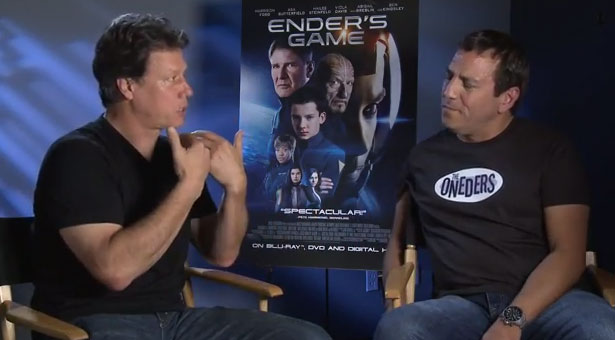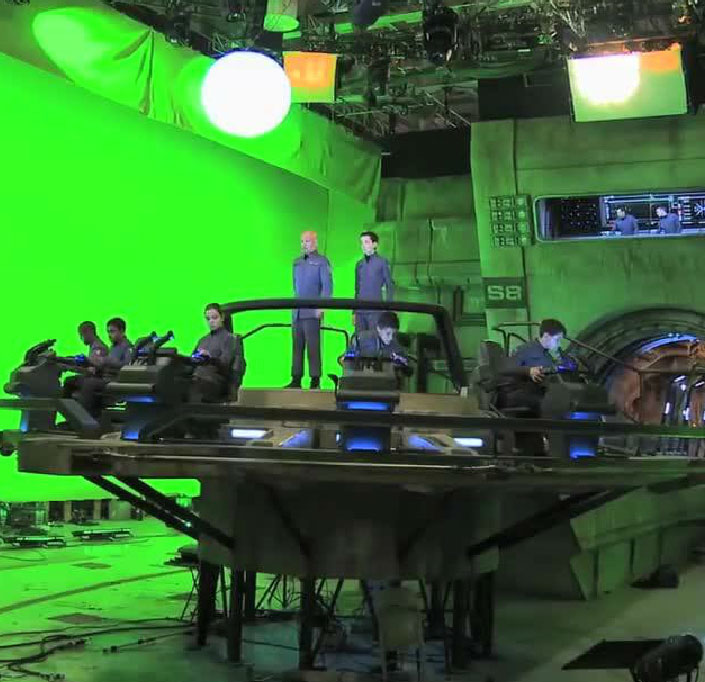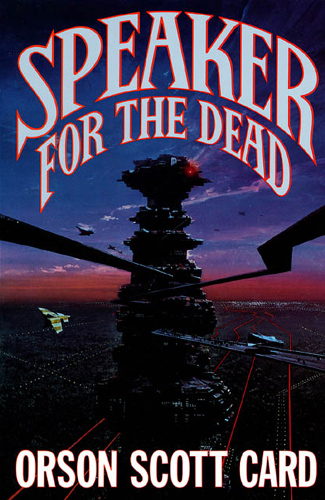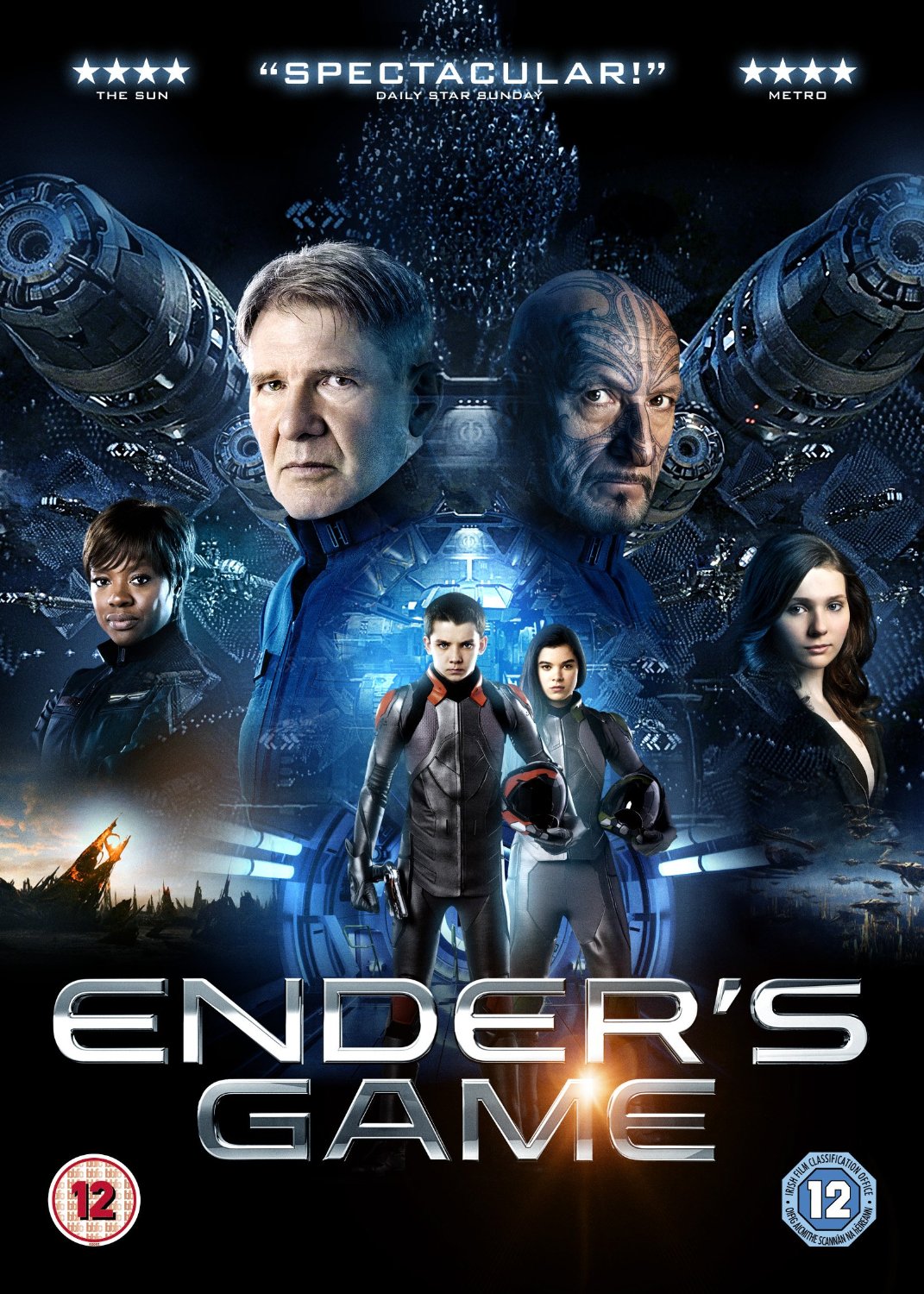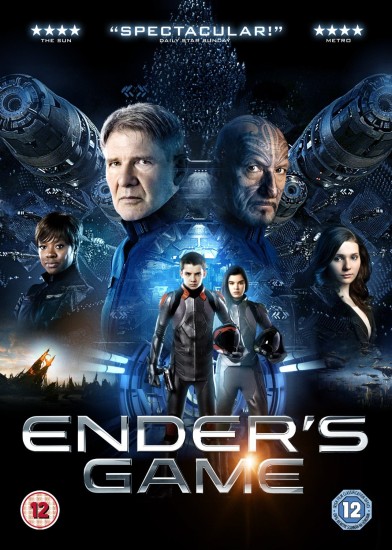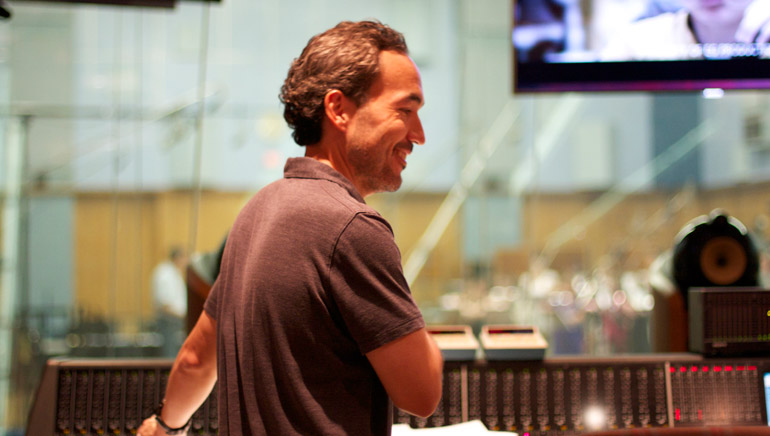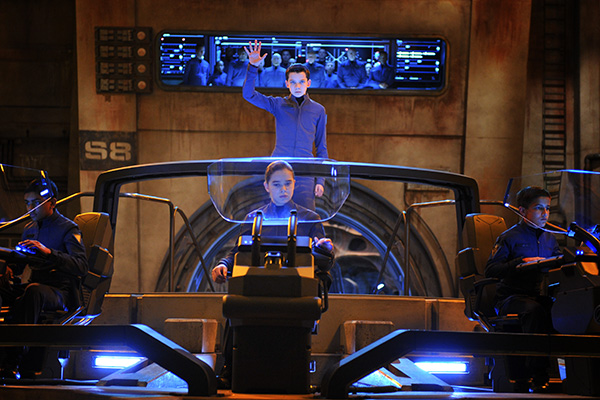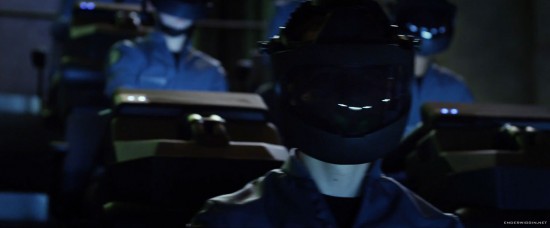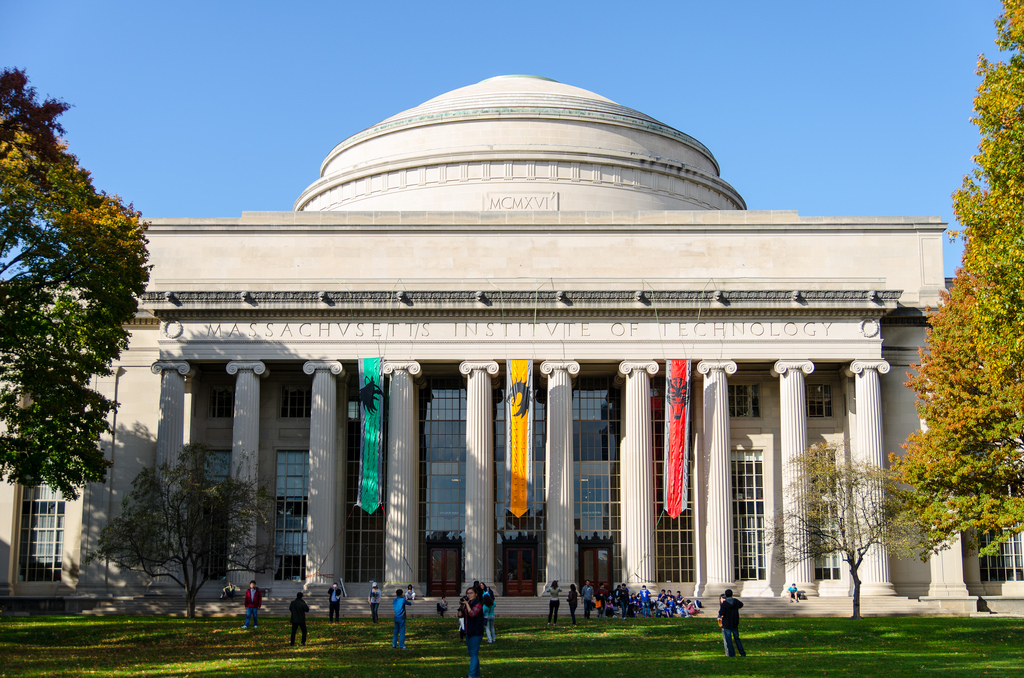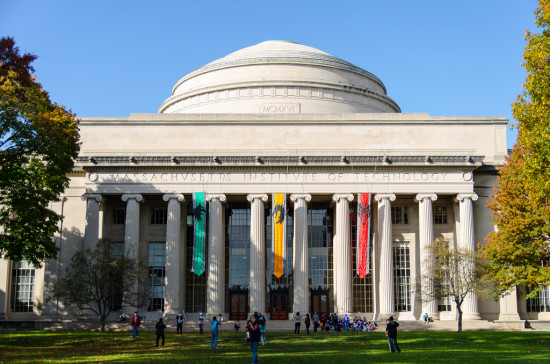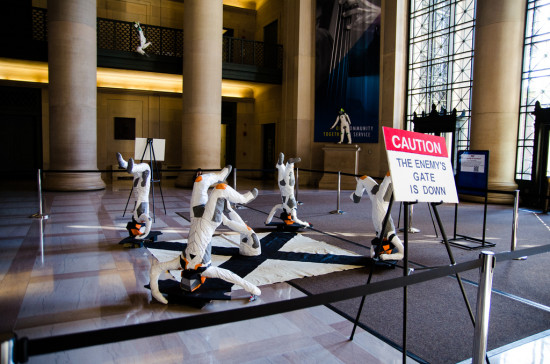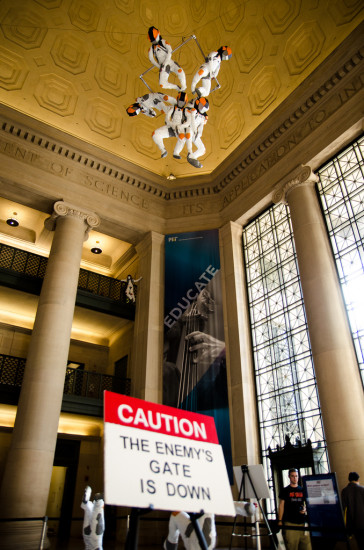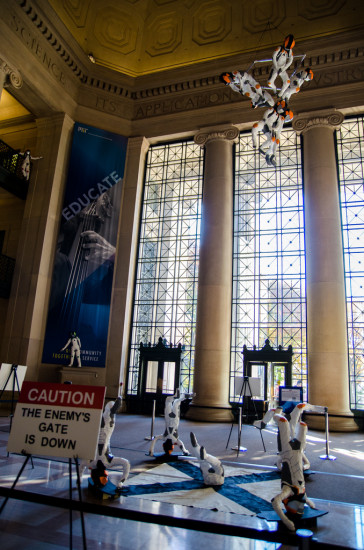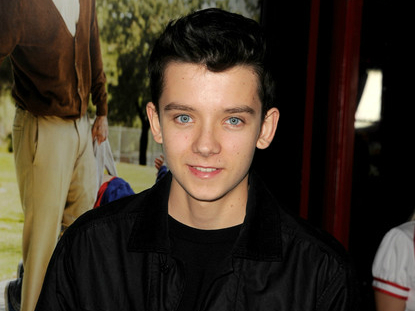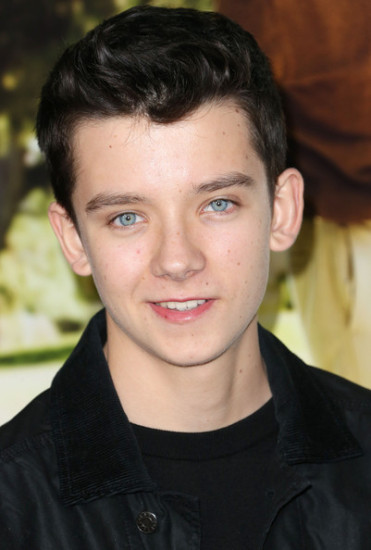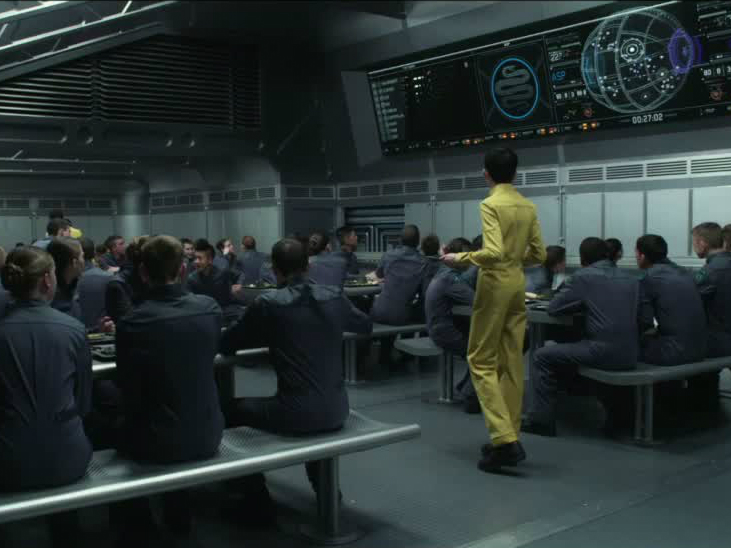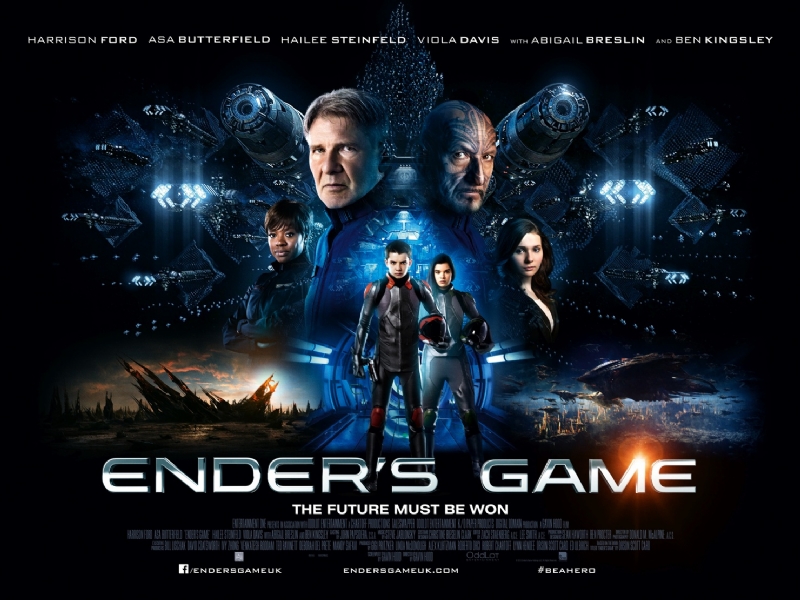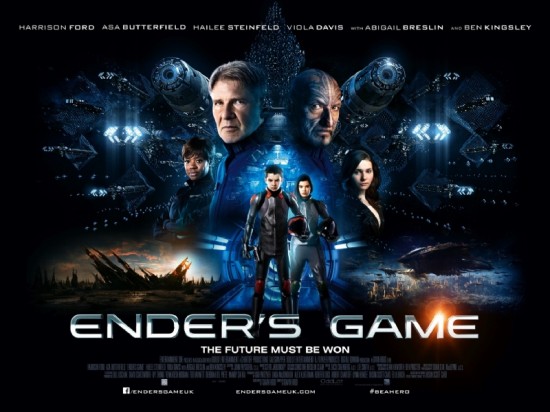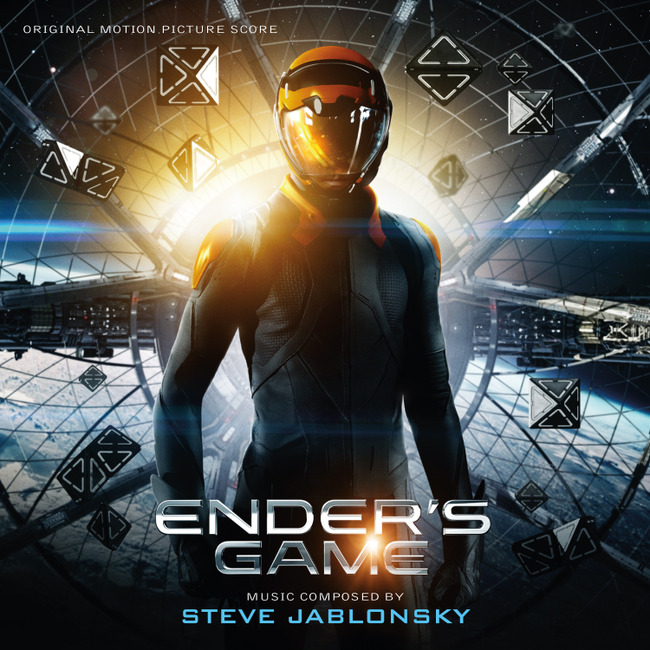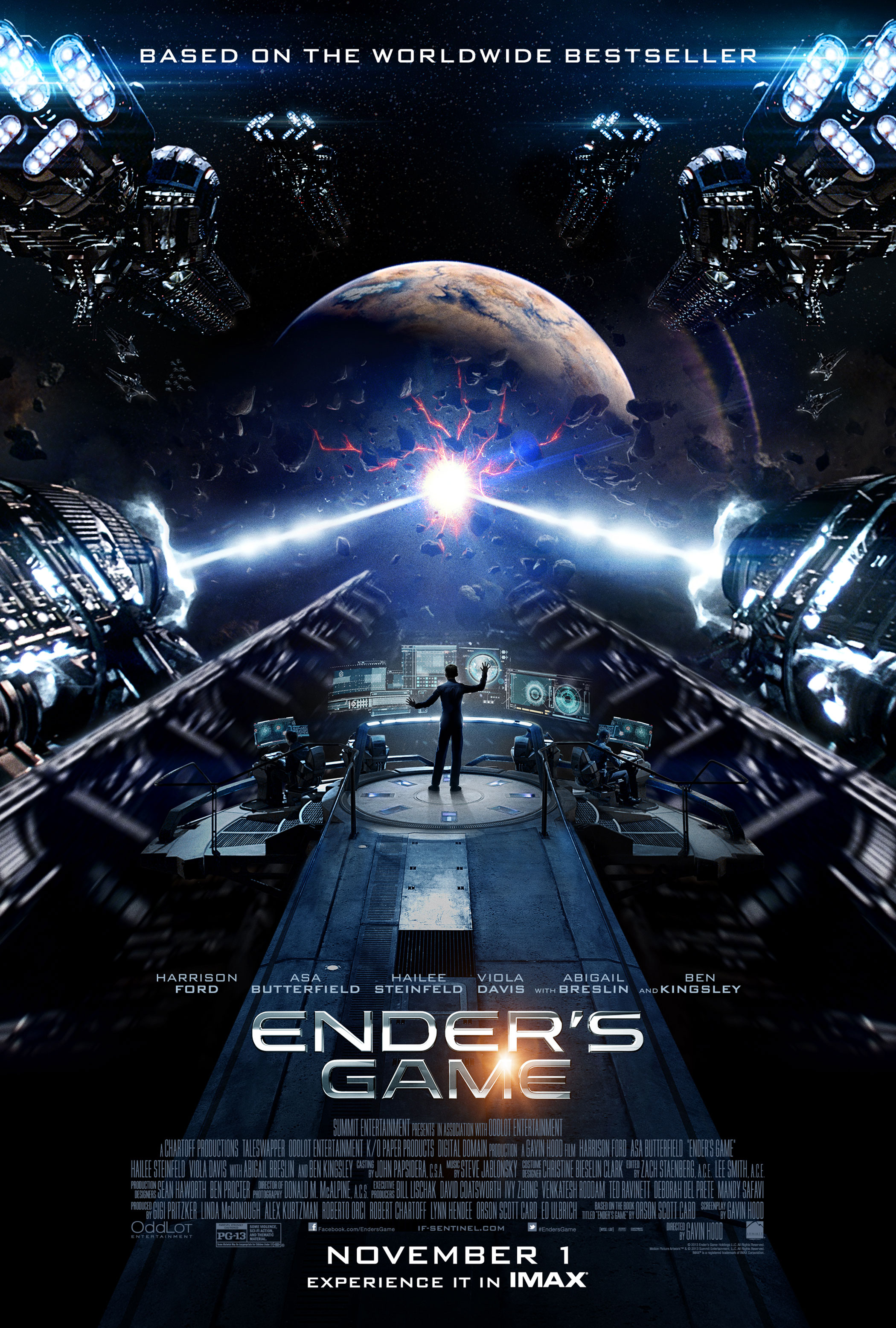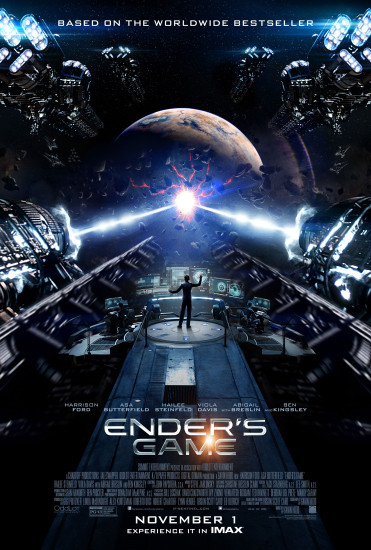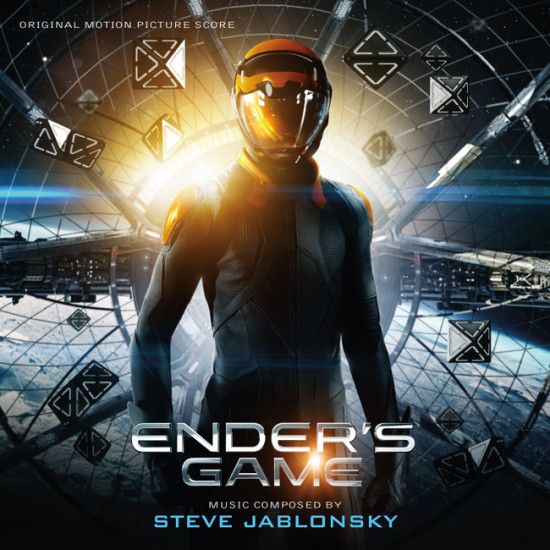
Ever since I was in high school, I’ve been a huge fan of movie scores. Open up my old CD case from 15 years ago and you’ll find it full of things like Titanic, Congo, Crimson Tide, Legends of the Fall, and Braveheart. Movie music can make or break a film and it’s a subject I’ve always wondered about.
EnderWiggin.net recently got the chance to talk to Ender’s Game composer Steve Jablonsky, who I’d previously met on the red carpet at the premiere in Los Angeles. We talked about what influenced his choices in developing the Ender’s Game score and I was very pleased to hear that the score was inspired mostly by his initial reaction to the film. Jablonsky had never heard much about the book other than the synopsis and the studio did not supply him with much more than an inquiry as to whether he’d read the book.
“I’m glad that they didn’t because I had such a reaction to watching the rough cut that they showed me, so instantly I realized it wasn’t what I was expecting and the story was so much more complicated than just saving the planet from some aliens. So right from the start I had ideas of how musically I could treat the story differently than I have in the past because it’s such a unique story.”
With the book’s twist preserved in the film, Jablonsky was very moved by Asa Butterfield’s performance. “Usually the final reel of a film like this is just one long action scene of the hero saving the world,” he explained. “But [with] this there was no action in the final reel. It was all story-driven and all about Ender and his meltdown and how he’s dealing with the revelation he had. All of that took me by surprise.” That surprise caused him to approach the film’s score differently than he normally does and in the first meeting with the filmmakers this contributed to an early decision to incorporate strings into the score.
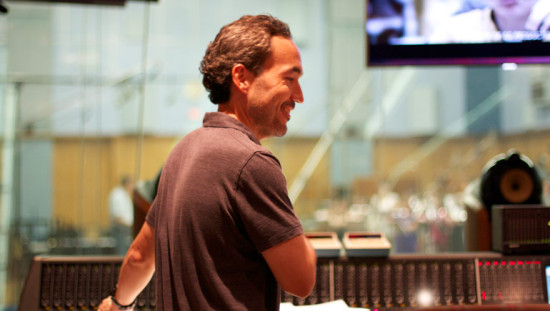
“I’m not sure who said it first, but we all knew it should be orchestral. It needed that importance of a big orchestra and the filmmakers told me they liked the sound of choir and could I experiment with that and I said yeah because I love choir.”
Although he didn’t discuss things with Gavin Hood, there was little argument over the tone they wanted. “The emotion of what the music was going to say, we were on the same page right from the beginning. After that first meeting I just started writing and we would tweak and fine tune the score as I got towards the end. I felt it was a fairly smooth process because we were all in agreement of what the music should be saying.”
Although the score was recorded in London, when I asked if he’d invited Asa to the studio while they were working, he seemed to get a little shy about it. “That would have been cool, I didn’t even think of that! I should have had producers reach out and ask him if he wanted to stop by, but I don’t know, he’s probably busy.”
Even though I’m a fan of movie scores, I admit I’m still just a fan. So being that I was talking to a composer for the first time, I couldn’t resist asking him about some processes. I’m sure some of you have wondered whether or not they have to score a specific cut of the film and if more edits are made if they have to go back and score again. Turns out, sometimes composers do need to go back and re-score, but Jablonsky came into Ender’s Game late enough where it wasn’t necessary. “When I came on board they had just gone through that process of shifting the mood a little bit with the film and that’s the one they showed me.” he explained. “But had I been on a month or two earlier I probably would’ve scored the other one and then we would have had to change tone and I would have had to change a lot of the music.”
As you can imagine, that can make the job of the composer very difficult, which is why Jablonsky says a part of him was glad he came on board later in the project. With that, talk shifted to what happens if an extended version is released. Does he have to go back and re-visit the score and compose something new? Turns out, not usually. “For most film scores there’s usually more music written than actually appears in the film, so they have a lot to work from.”
Jablonsky is a fan of more serious tones in films, so when I asked what his favorite scenes were from the movie, he gravitated right away to the scene with Stilson in the beginning. “It’s when Ender beats that bully at the game in the beginning and gets his thing pulled out, his monitor, and then they corner him and they’re going to beat him and Ender unleashes his inner rage and nearly kills this kid. I mean we’re watching this 14 year old boy nearly kill somebody and I think it’s so great to open a film with something like that or have it that early in the film. For me, it set the tone that Ender is a really complicated character and he’s capable of extreme violence even though he’s so innocent looking.”
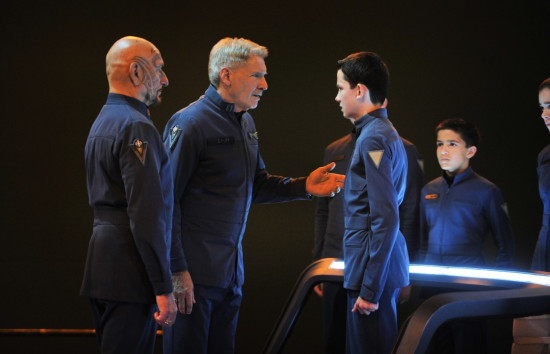
His second favorite was, of course, the final battle scene and the big reveal. “You would hope that people who saw that bullying scene in the beginning would then understand at the end that he has figured out that his actions have these consequences,” said Jablonsky. “That’s not who he is and that’s not who he’s going to be and he’s learned his lesson and so it’s a harsh lesson but that message is one of my favorite parts of the film and hopefully I have the same reaction when I read the book.”
When I asked what his favorite track from the album was, Jablonsky said he had a particular liking for two tracks, one being Ender’s War, which is the main theme for the film and used throughout. His second was actually the same one as mine, Ender’s Promise, though his favorite part was the first half that scores Ender’s encounter with the hive queen and mine is the second half when it segues into the booming credits music. After listening to me rave about how important credits music is to a film’s closure, he related a rather odd and humorous story to me.
“A little inside funny thing, the first time I watched it, when he opens his eyes, the U2 song Beautiful Day kicked in right when his eyes opened; the chorus of that song. […] It felt so strange.” he laughed. “Suddenly we have this pop song coming in after everything that just happened. Maybe the first thing I said to them was, “Tell me you don’t want to actually use that song right there.” Fortunately, it was just an idea someone had and they definitely weren’t going to go with that.
Still, imagining such an alternate ending is funny in hindsight. “It’s not the song’s fault. It’s a great song but it just did not fit that moment at all. But we got that right out of there.” I think I speak for a lot of us when I say that’s something we’re grateful for.
The Ender’s Game score can be purchased on Amazon.













